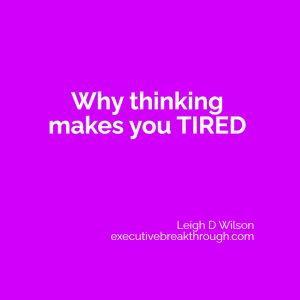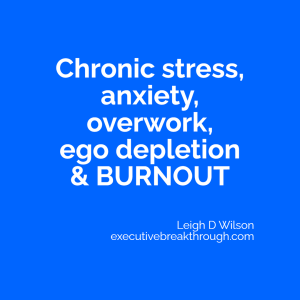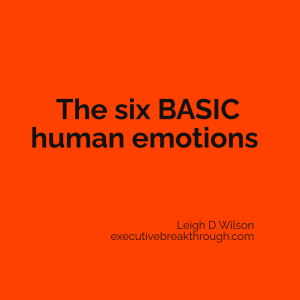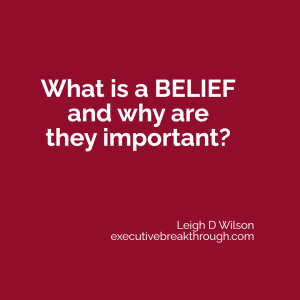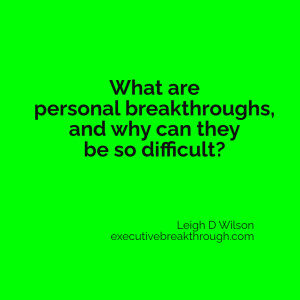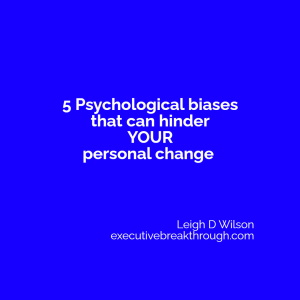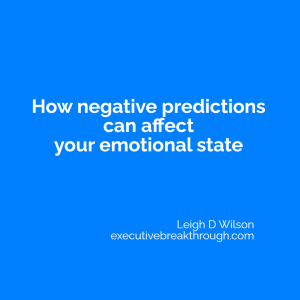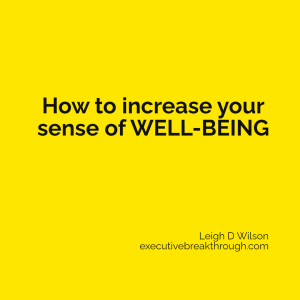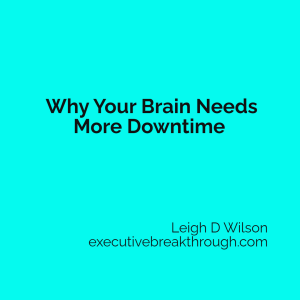You might be surprised to learn that mindfulness can help with self-confidence in many ways.
One way is by helping you to be more aware of your thoughts and feelings, which can help you identify negative patterns of thinking that might be holding you back.
For example, if you find that you’re often thinking negative thoughts about yourself, such as “I’m not good enough” or “I’ll never be successful”, mindfulness can help you become more aware of these thoughts and challenge them.
Another way mindfulness can help with self-confidence is by helping you develop a greater sense of self-awareness. When you’re mindful, you’re more likely to notice your strengths and abilities, as well as areas where you need to improve. This can be incredibly empowering, as it helps you understand that you have the ability to make positive changes in your life.
Mindfulness can also help with self-confidence by helping you develop greater self-compassion. Self-compassion is the ability to be kind and understanding towards yourself when you’re going through difficult times. When you’re mindful, you’re more likely to be kind and understanding towards yourself when you’re feeling down, which can help you bounce back from difficult situations more quickly.
Additionally, mindfulness can help you to be more present and focused, which can help you to be more confident in social situations or when you’re under stress. When you’re mindful, you’re more likely to be aware of what’s happening around you and to be able to respond to it in an appropriate way.
Finally, mindfulness can help you to build self-confidence by helping you to be more accepting of yourself. Mindfulness teaches you to be present with your thoughts and feelings without judgment, which can help you be more accepting of yourself and your limitations. This can be particularly helpful if you’re dealing with self-confidence issues that stem from past experiences or negative self-talk.
Overall, mindfulness can be a powerful tool for building self-confidence and overcoming self-doubt. It’s a simple yet effective practice that can help you to become more aware of your thoughts and feelings, develop a greater sense of self-awareness, be more accepting of yourself, and be more present and focused in everyday life.
I have a low-cost e-book entitled “Mindfulness for Busy People” available on my website. Furthermore, if self-confidence is an issue for you, perhaps we should have a chat to discuss how I might be able to help you.
#selfconfidence #selfesteem #stress #worry #anxiety


